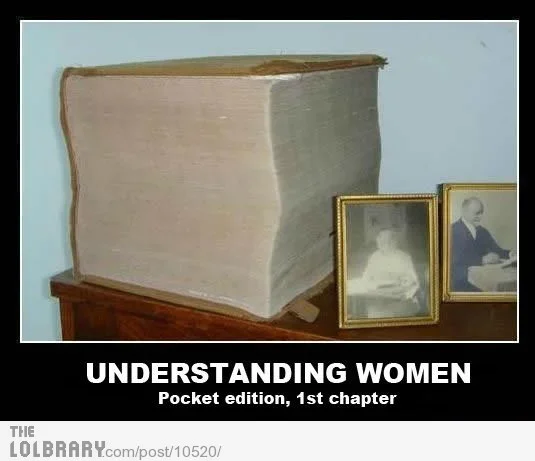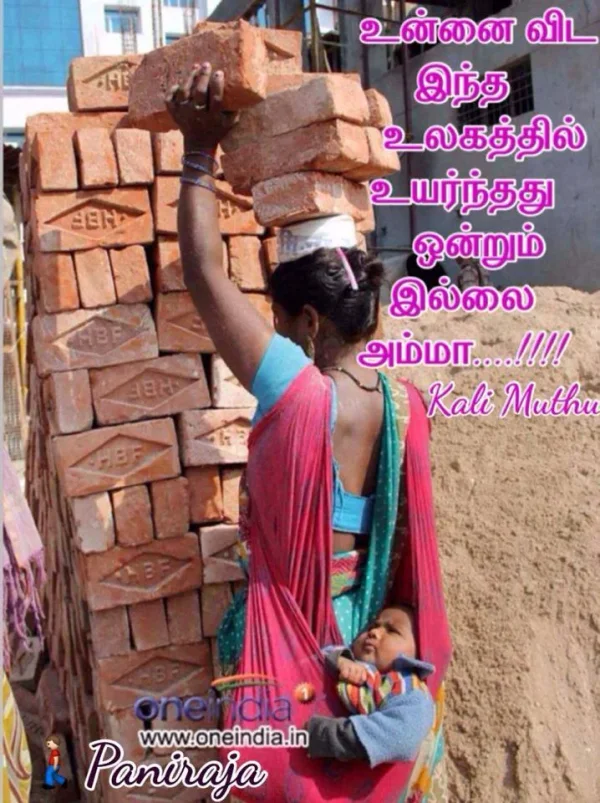Mother of all Mothers
Mother Teresa was born into an Albanian Roman Catholic family in the Yugoslavian town of Skopje. She relates that at the age of twelve she felt a vocation to help the poor. A few years later she listened to accounts of conditions in Bengal, as related by missionaries, and decided there and then that she would work as a missionary in India. At the age of eighteen she joined the Irish Loreto order, whose sisters ran a mission station in Calcutta. From 1929 to 1946 she taught at the girls' school run by the order in that city.
It was in 1946 that she applied for permission to go out and work among the poor in the slums of the city. She felt this to be a fresh vocation, a vocation within a vocation, as she herself has expressed it.
She had a glimpse of the poverty and squalor of the slums, of sick people who remained untended, of lonely men and women lying down to die on the pavement, of the thousands of orphaned children wandering around with no one to care for them.
It was among these people that she felt a call to work, and to spend the rest of her life, in daily contact with them. She left the sheltered world of the convent and the fashionable girls' school behind her. Her plea to be allowed to go out into the slums and work there was granted. In 1948 she received permission to change from the uniform of the Loreto order to the customary cheap Indian sari. She started her work after an intensive course in nursing.
She is merely repeating what she has so often said before: "Actually we are touching Christ's body in the poor. In the poor it is the hungry Christ that we are feeding, it is the naked Christ that we are clothing, it is the homeless Christ that we are giving shelter". Or again: "When I wash that leper's wounds, I feel I am nursing the Lord himself". She sees Christ in every human being, and this in her eyes makes man sacred.
The loneliest and the most wretched, the dying destitute, the abandoned lepers, have been received by her and her Sisters with warm compassion devoid of condescension, based on this reverence for Christ in Man.
No hour, no day, is lost for Mother Teresa's Sisters in Calcutta; for them, these are all hours and days of joy.
In 1972 the President of the Republic of India had these words to say about her:
"Mother Teresa is one of those liberated souls who have transcended all barriers presented by race, religion, and nationality. In our present- day troubled world, incessantly plagued by conflict and hatred, the life that is lived and the work that is carried out by people like Mother Teresa bring new hope for the future of mankind".
Her message has found an echo among people of a different faith:
Mother Teresa once said: "In these twenty years of work among the people, I have come more and more to realise that it is being unwanted that is the worst disease that any human being can ever experience". She believes that the worst disease today is not leprosy or tuberculosis, but rather the feeling of being unwanted, uncared for and deserted by everybody.
The Nobel Peace Prize 1979 - Presentation Speech





